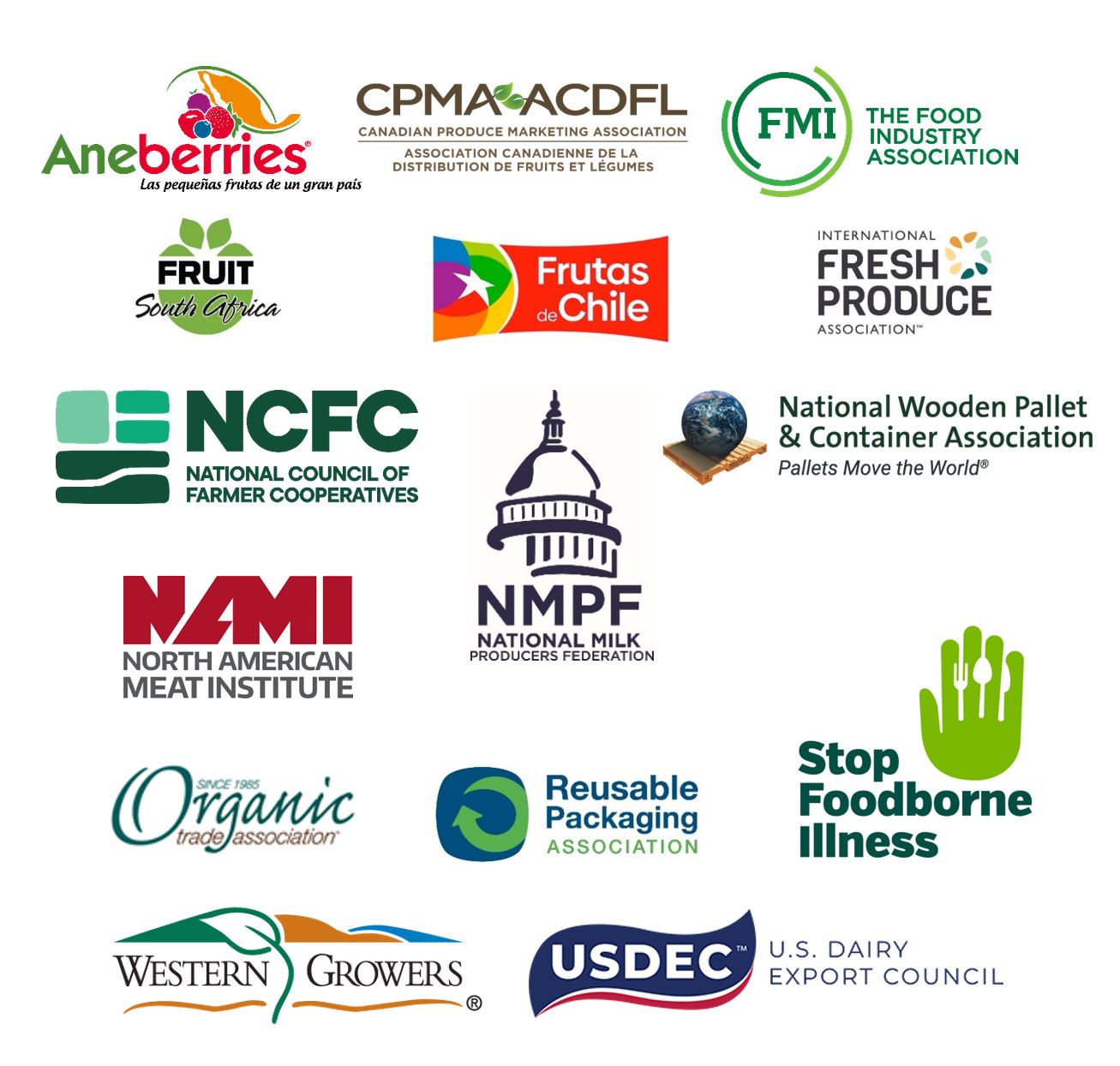April 24, 2024 — New packaging rules adopted by the European Parliament today raise serious trade and food safety concerns. If endorsed by the EU Council later this year, they will almost certainly negatively impact global supply chains and food security at a time when more than 37 million Europeans cannot afford a quality meal every second day.
Secondary impacts of these new rules will include fewer healthy food choices available to consumers.
The Packaging and Packaging Waste Regulation (PPWR) voted on today prohibits even those single-use packaging options that were scientifically designed to maintain quality, safety and freshness of perishable commodities. This is because fresh and ready-to-eat foods risk being spoiled, damaged or contaminated if not packaged appropriately.
It would lead to an increase in food waste and, based on studies carried out in other jurisdictions, is likely to result in greater use of more durable types of plastics.
The PPWR favours recyclability over composting, and therefore limits options for fresh food manufacturers. Exemptions to the ban would be left to individual EU Member States leading to a patchwork of national regulations on food safety and allowable types of packaging for many perishable commodities. Instead of creating harmonised rules, this will undermine the EU Single Market by creating obstacles to trade within, as well as with, the EU.
The Alliance for Sustainable Packaging for Foods (ASPF) will continue to urge and engage with EU regulators and Member State governments to address these serious food safety and trade concerns. Enormous challenges lie ahead for the fresh food sector.
To successfully increase sustainability of the food supply chain, it is essential that evidence-based approaches are adopted that do not compromise on food safety, food quality, food availability and public health, while minimizing single-use packaging waste.
The Alliance for Sustainable Packaging for Foods (ASPF) was launched to engage with regulators, governments, researchers, and civil society organizations to ensure that packaging regulations for food achieve environmental sustainability without compromising food safety and product quality and without increasing the carbon footprint of the industry.
IFPA’s Chief Science Officer, and Chair of ASPF, Max Teplitski, said, “Minimizing waste and finding alternatives to single use plastic packaging is a goal we can all get behind. But, without viable alternatives, bans on plastic and compostable packaging threaten food safety, undermine food quality, and increase food waste – all factors that are equally important to consumers and the environment.”
Press Contact:
Siobhan May, Smay@freshproduce.com – +1 302-781-5855
Director, Communications – International Fresh Produce Association



